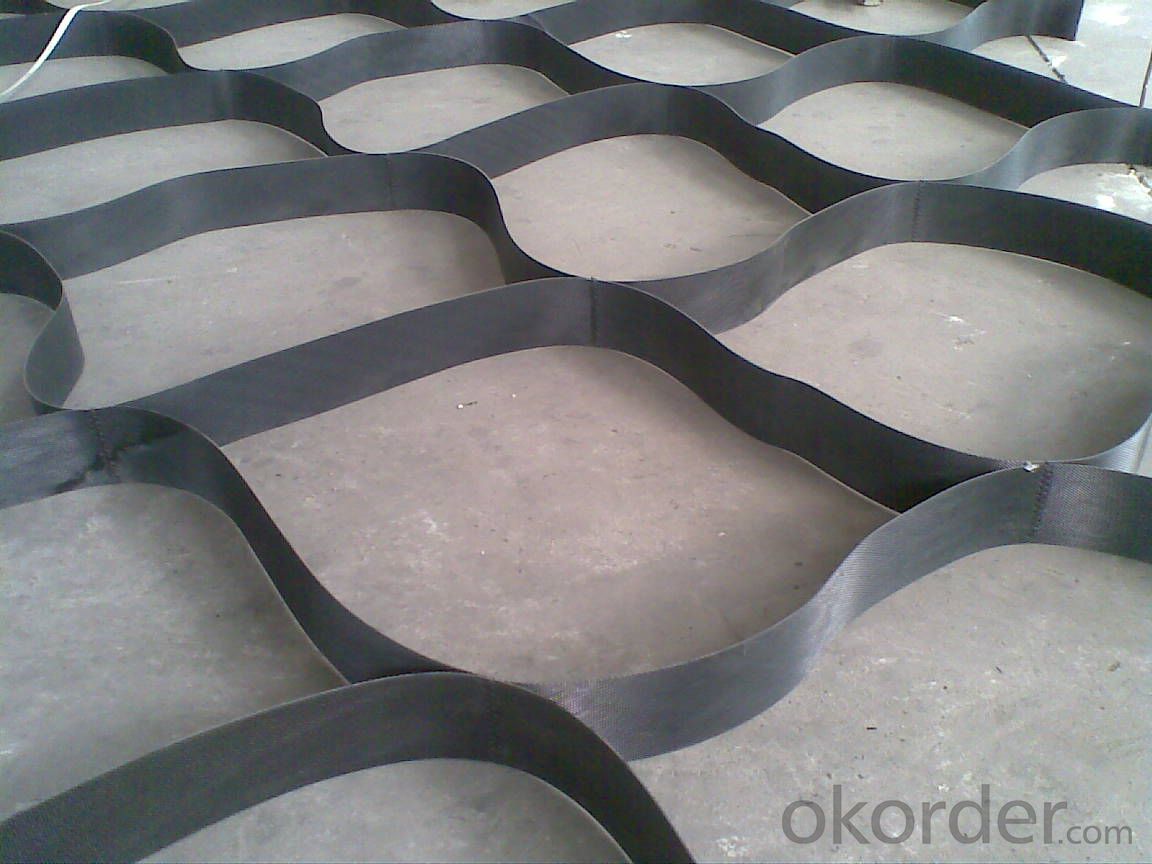- Understanding the Role of Geomembrane Liners in Waste Management
- Innovations in Geomembrane Liners for Water Management
- Geomembrane Liners: A Comprehensive Guide
- The Future of Geomembrane Liners in Civil Engineering
- Geomembrane Liners: Enhancing Landfill Stability
Manager:
WhatsApp:+86 177 0135 2670
Tel:+86 177 0135 2670
Email:marketing@okorder.com
Address:3rd Floor, No.2 Building, No.1 Sanlihe Road
HDPE Geomembranes: The Protective Solution for Ponds in Chemical Plant Ponds
Chemical plants are an integral part of our industrial ecosystem, playing a crucial role in the production of various chemicals, pharmaceuticals, and other essential products. However, these plants also generate a significant amount of waste, which needs to be managed properly to prevent environmental contamination. One of the most effective ways to manage this waste is by using hdpe Geomembranes in pond construction. These liners offer a protective solution for ponds in chemical plants, ensuring that the waste is contained and does not seep into the surrounding environment.

The Importance of Ponds in Chemical Plants
Ponds in chemical plants serve multiple purposes. They are used for the storage of waste materials, treatment of wastewater, and even as a means of fire protection. However, these ponds can also pose a significant risk to the environment if not properly managed. This is where HDPE geomembranes come into play. These liners are designed to provide a barrier between the pond and the surrounding environment, preventing the escape of harmful chemicals and contaminants.
What are HDPE Geomembranes?
HDPE, or high-density polyethylene, is a type of plastic that is highly resistant to chemicals, UV radiation, and temperature changes. This makes it an ideal material for use in chemical plant ponds. HDPE geomembranes are flexible sheets that are laid down to create a waterproof barrier. They are also puncture-resistant, ensuring that the liner remains intact even under heavy loads or sharp objects.
Benefits of Using HDPE Geomembranes
There are several benefits to using HDPE geomembranes in chemical plant ponds. Some of the most notable include:
- Chemical Resistance: HDPE is highly resistant to a wide range of chemicals, making it suitable for use in environments where a variety of chemicals are present.
- Longevity: HDPE geomembranes have a long lifespan, often lasting for several decades without needing replacement.
- Low Maintenance: These liners require minimal maintenance, reducing the overall cost of pond management.
- Environmental Protection: By preventing the escape of harmful chemicals, HDPE geomembranes help to protect the environment from contamination.
Design Considerations for HDPE Geomembranes
When designing a pond with HDPE geomembranes, there are several factors to consider. These include the size and shape of the pond, the types of chemicals that will be stored, and the climate in which the pond is located. Engineers must also consider the slope and stability of the pond to ensure that the geomembrane remains in place and functions effectively.
Installation Process
The installation of HDPE geomembranes is a meticulous process that requires careful planning and execution. It involves several steps, including site preparation, geomembrane laying, and sealing the seams. Proper installation is crucial to ensure the integrity and effectiveness of the liner.
Challenges and Solutions
While HDPE geomembranes offer numerous benefits, there can be challenges during installation and maintenance. These may include issues with seam integrity, puncture resistance, and adapting to different pond shapes and sizes. However, with proper planning and the use of advanced installation techniques, these challenges can be overcome.
The Future of HDPE Geomembranes
As environmental regulations become stricter and the need for sustainable waste management solutions grows, the use of HDPE geomembranes in chemical plant ponds is likely to increase. These liners offer a reliable and cost-effective solution for containing and managing waste, ensuring that chemical plants can continue to operate while minimizing their environmental impact.
In conclusion, HDPE geomembranes are a vital component in the construction and management of ponds in chemical plants. They provide a protective barrier that safeguards the environment from harmful chemicals and contaminants. By understanding the benefits, design considerations, and installation process, chemical plants can effectively utilize these liners to enhance their waste management practices and contribute to a cleaner, more sustainable future.
- Previous:HDPE Geomembranes: The Essential Component for Ponds in Soil Erosion Ponds
- Next:HDPE Geomembranes: The Protective Layer for Ponds in Environmental Engineering






